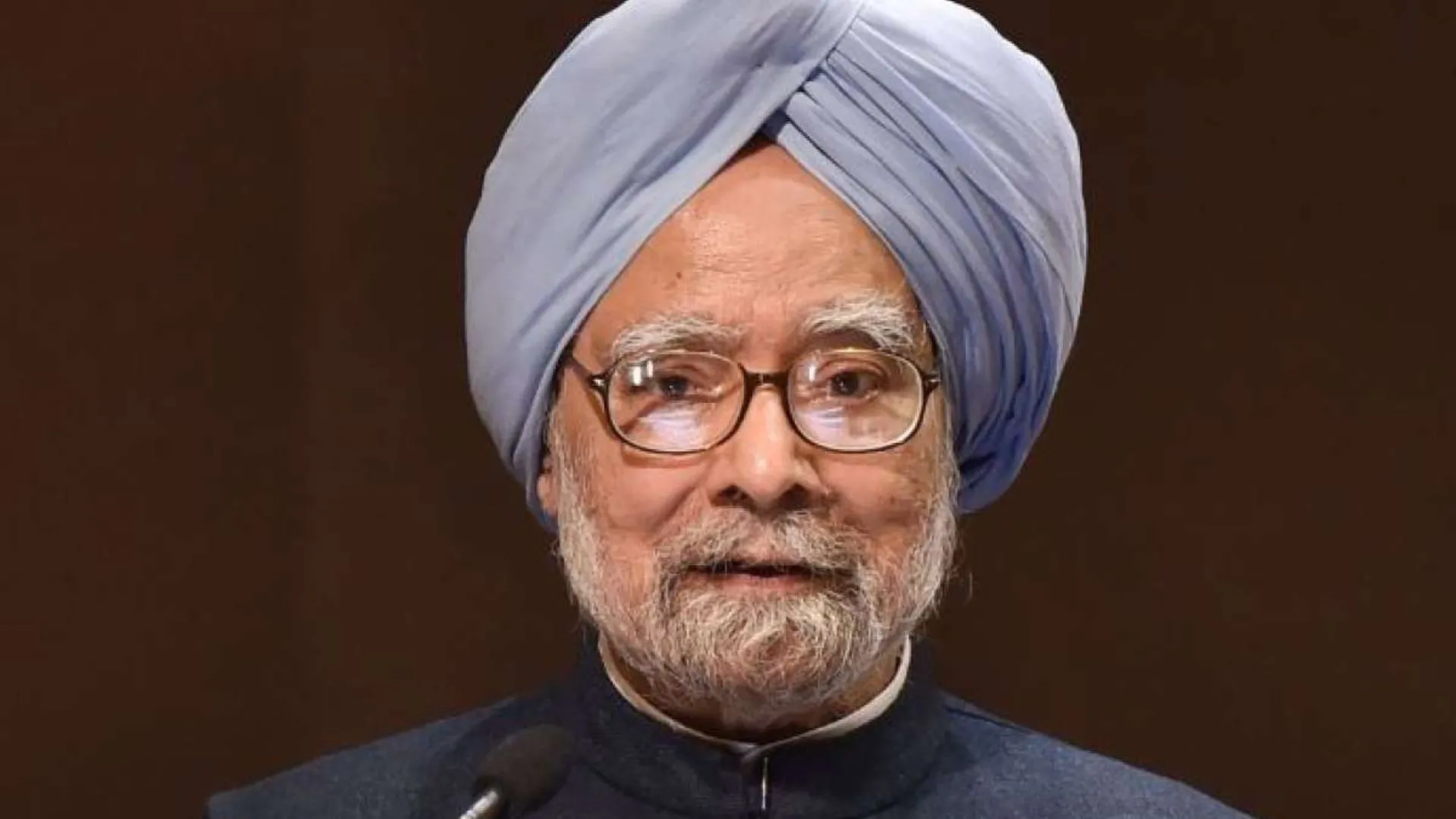A study of about 20,000 volunteers, who tried intermittent prolonged fasting most of whom were probably overweight were looking to reduce weight. This population may be with increased weight and increased BMR or Metabolic Syndrome. It is usually associated with increased Blood Pressure, Blood Sugar and Blood Cholesterol, a triad of Metabolic Syndrome. Such people should abstain from Intermittent Fasting followed by Binge Eating.
Intermittent Fasting followed by Binge Eating leads to episodes of Hyperglycaemia and other times, there is a hypoglycaemic state which causes an extreme swing in the levels of blood sugar and triglycerides. These variations can be harmful for the body and heart. Breaking fast should always begin in moderation and in small quantities with frequent intervals of 8 hours of eating.
The fasting period may be associated with periods of dehydration and this may be harmful for the kidneys and the heart. Dehydration leads to an increased salt content in the blood and an increased water intake dilutes the sodium level in the blood leading to an electrolyte imbalance. Dehydration also leads to reduced blood volume, increased viscosity, formation of blood clots and stressing the heart and a reduced urine output causing harm to the kidney tissues or tubules.
It is advisable to remain moderate in eating habits and time intervals and avoid certain foods rich in fat, oil and butter, however, small quantities along with increased intake of high fibre foods is always a good thing. Moderation in what one eats and does in relation to the eating habits is encouraged for the body as it is better to remain in the middle of pendulum rather than swaying to the extremes.
Ms. Diksha Dayal, Head of Department and Senior Dietitian, SHALBY Sanar International Hospitals said, ‘There are a lot of factors that a health professional checks before recommending any kind of diet like Weight, BMI and therapeutic conditions such as Blood Pressure, Diabetes, age etc. as diet plans have to be specific for each individual. It is very important to consult a health professional before starting any kind of diet. In Intermittent fasting as well, it depends upon your lifestyle and health conditions whether you should be opting for it or not as people who stay on such diets have bodies that work differently than those who are not able to fast for that long’.
Dr. D. K Jhamb, Director & Head of Department
Department of Interventional Cardiology
SHALBY Sanar International Hospitals














